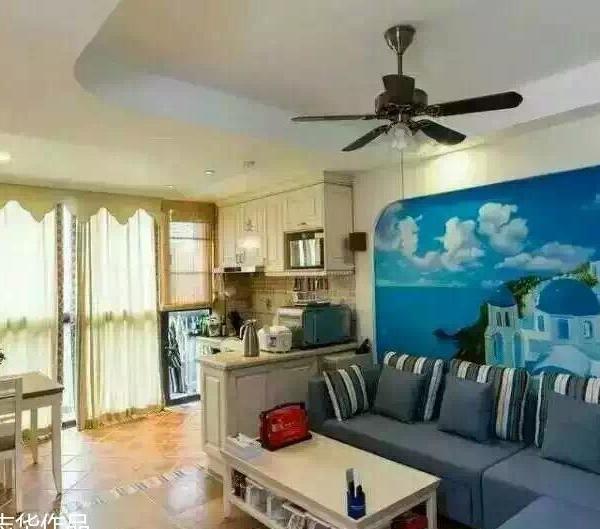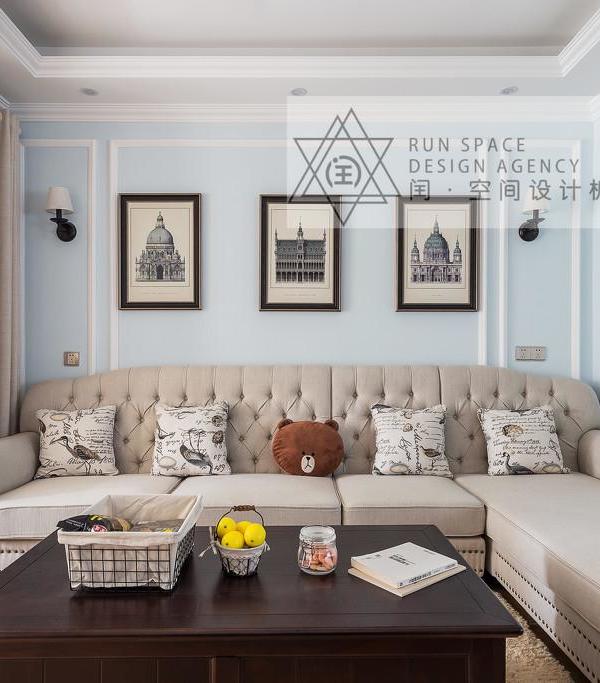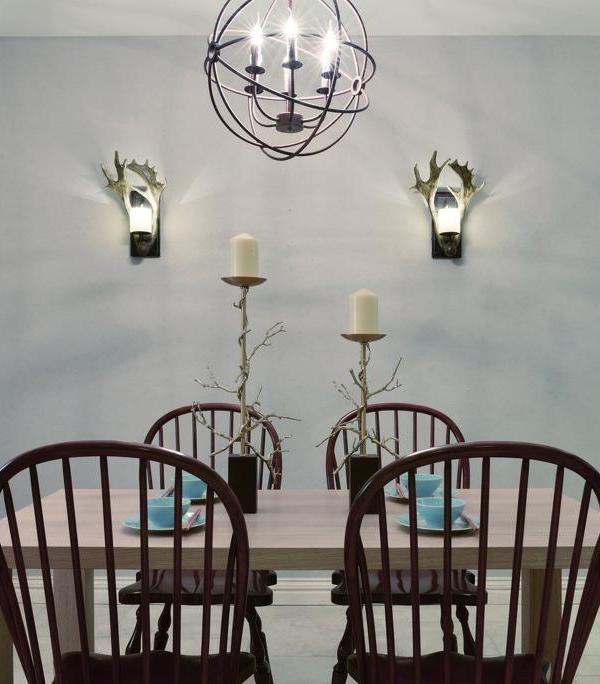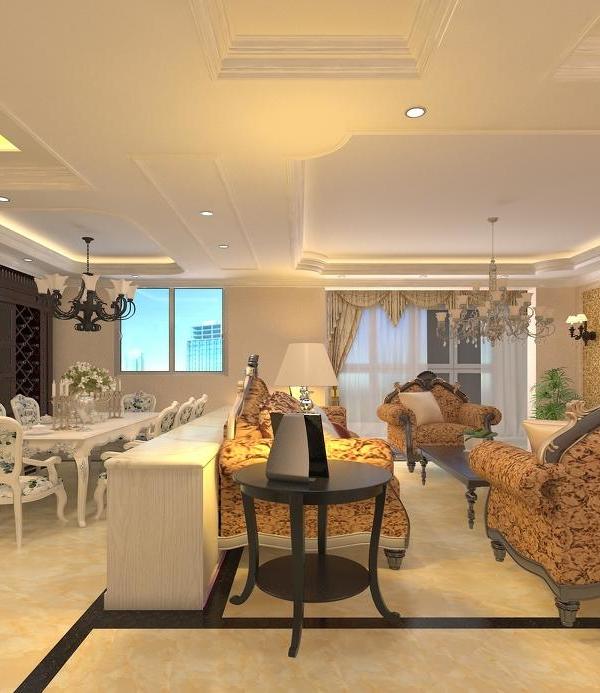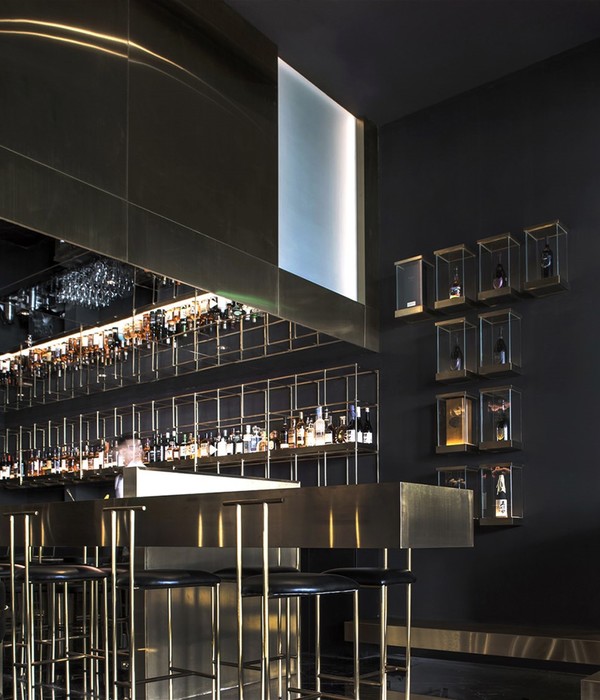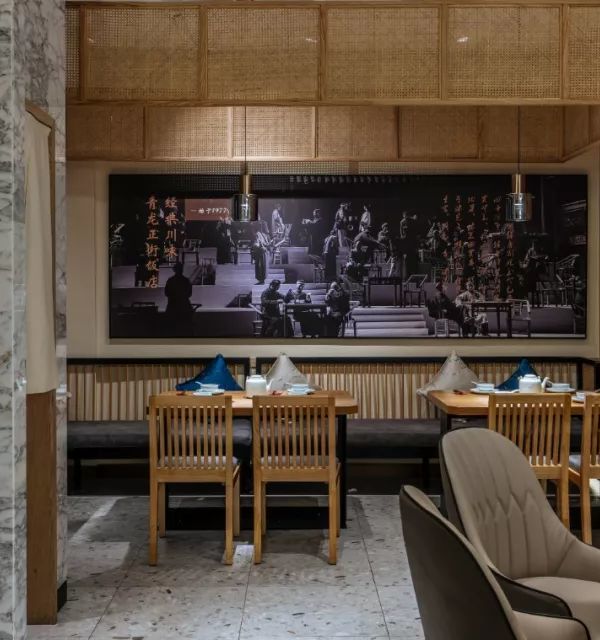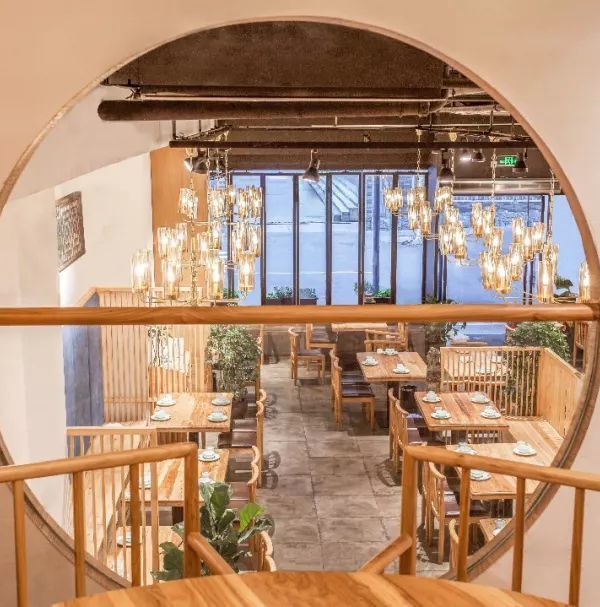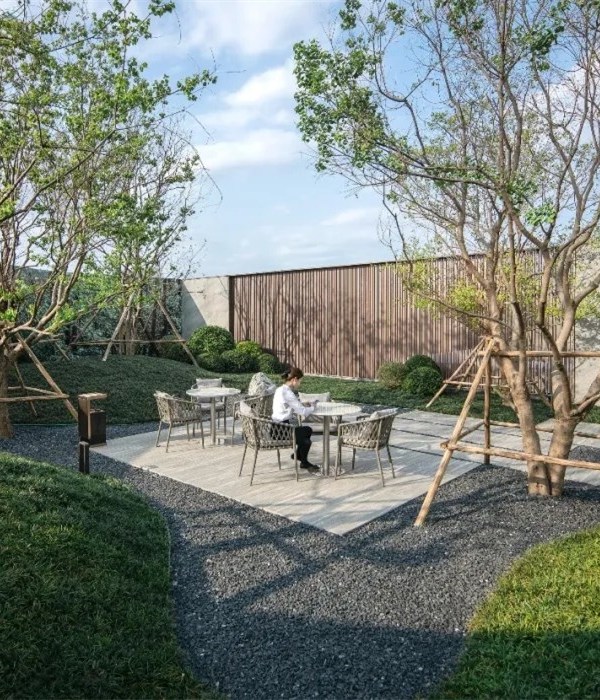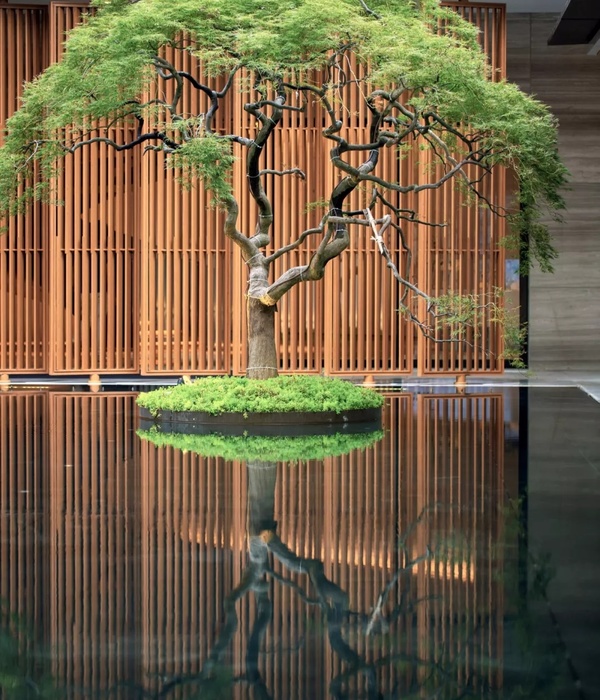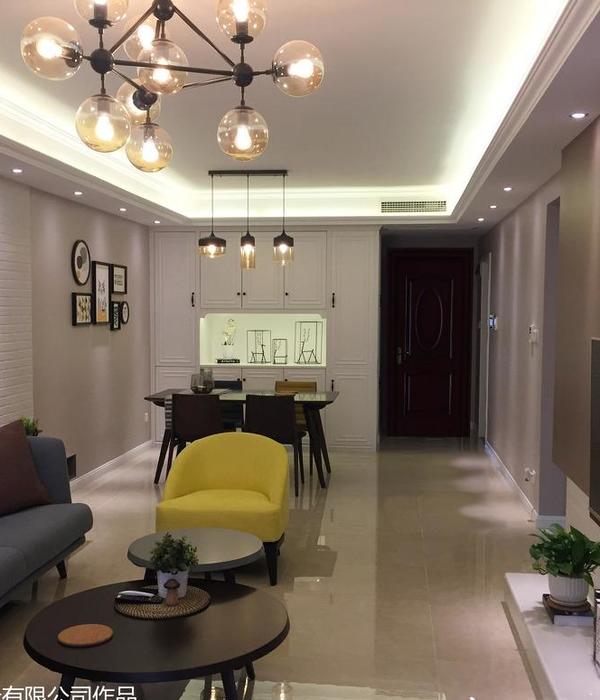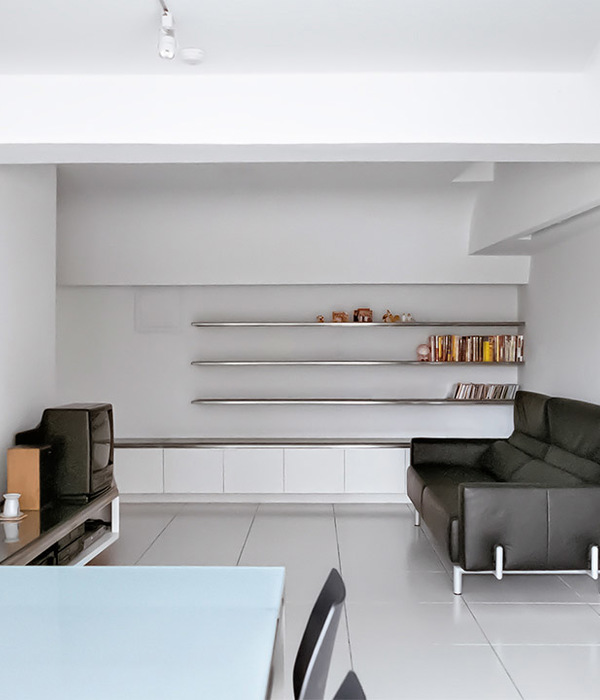The young owners of this apartment in Alto de Pinheiros, São Paulo, wanted an interior design compatible with the life phase they were in: spacious enough to accommodate the daughter and without excesses that would hinder their stripped way of life. It was really necessary to adapt the architecture of the apartment to the style of the neighborhood in which it is situated: a quiet and mostly residential region, permeated by many green areas and abundance of sunlight.
The original plan, compartmentalized, gave way to the integration of spaces, promoted by the architect, when the whole area of the balcony, that pervades the facade of the building, was integrated to the livin room. With this, the "external" area could become a continuation of the living, providing an expressive amount of natural illumination to the social area of the apartment. As for the reformulation of the plan, the changes were more measured. The architect proposed a lean circulation and sliding doors connecting the adjoining dormitory to the room. This has given rise to a playroom that can connect, or not, to the social part.
During the course of the project, it is essential to emphasize the fact that the terrace became part of the room, but continued with the concept of balcony. The level difference between the floors was maintained and the floor was coated in ceramic material. It was necessary to integrate, still keeping the difference. Even the transition between the living room and the terrace was thought to be smoothly finished by a metallic, elegant and discreet portico. The existing range was extended and was even considered to run a closing frame, but the metallic portico was sufficient to separate both environments without the need for a new layer of glass.
It is worth mentioning that the original floor was the first stage of the project to be resolved: it would definitely be maintained. The floor in polished Cumarú brushes several shades of brown throughout the apartment, bringing a warm surface, with noble material, to all the enclosures. Having the existing floor as its protagonist, the project evolution was originated from the possibilities of combining between the woody tones and the colors that would not overshadow the presence of the wood. Then comes the choice of light gray color as the lead wire of the project's color unfolding.
The palette of tones was thought to elaborate a cozy backdrop, since it is the home of a family still young, with a small child. Replacing the old white and bringing a contemporary vibe to the room, the light gray spreads all over the social part. Over this soft color, the furniture scores generous doses of strong colors like orange and blue, complementary colors. From the blue of the furnishings, the other parts of the decorative design took the same strand, as the overlapping of the rugs, among the other objects.
In its 200m2 of built area, this apartment has been specially designed, along the reform, by specific woodworking projects, specially developed for each room. The owners were, from the beginning, very emphatic about the cost-benefit of a good carpentry. They were willing to bear this cost as long as they were sure of the architectural quality to be achieved in the end. The closets and bedrooms were redesigned to the deed of the client, being all very light. The project call was for a subtle and modern design, with no overcrowd or heavy parts.
On the decorative design itself, the choice of furniture items started from the alignment of thoughts between architect and clients. Key pieces of Brazilian and international designers were chosen to emphasize layout modulations. These pieces received bold colors just to capture the viewer's eyes as mentioned earlier. The balcony, on the contrary, a case apart, was thought of as a relaxation point inside the house. Perhaps as an indoor garden, perhaps as a haven of tranquility, this environment reflects the huge amount of green present in the vicinity.
The landscaping of the integrated terrace creates an inviting ambiance to the daily conviviality, where you can get relaxation from the same shades used in living room, the grey adopted as a starting point. With the change of upholstery and the use of new textures, it was possible to recombine the same chromatic typology in order to ensure that this environment is part of the living room without following, however, the exactly same decorative pattern. Among the particular nuances to the decoration of this property, it is evident the fact that simplicity and unpretentiousness can successfully acclimate any room, as long as they are guided by an insightful look.
{{item.text_origin}}

